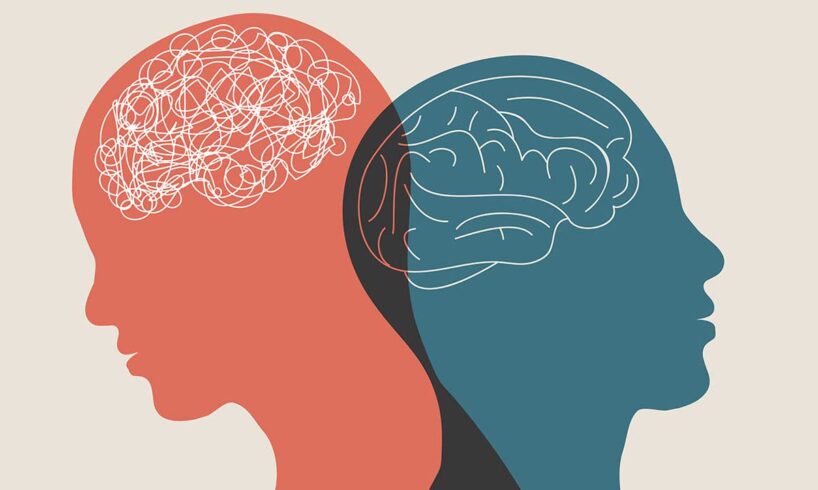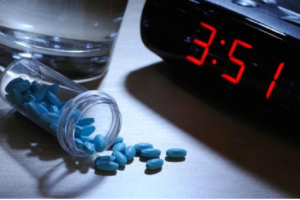
Dual diagnosis is a term used to describe people who experience both a mental illness and a substance use disorder at the same time. It can be difficult to diagnose and treat dual diagnosis, as there are numerous factors that come into play. However, with proper treatment, those living with a dual diagnosis can manage their disorders and lead healthy lives. Let’s take a look at the basics of dual diagnosis treatment.
Dual diagnosis occurs when an individual experiences both a mental health condition (such as depression or anxiety) and an addiction to drugs or alcohol. It is important to note that this does not necessarily mean that one condition caused the other; rather, it suggests that two distinct disorders are present. Furthermore, it is possible for someone to have multiple mental health conditions or multiple addictions—these are known as co-occurring disorders.
What Are the Symptoms of Dual Diagnosis?
The symptoms of dual diagnosis vary depending on the individual and the type of disorders they are experiencing. Common symptoms include feelings of Depression & Anxiety, Mood Swings, Changes in Appetite, Trouble Concentrating, and Social Withdrawal.
Depression & Anxiety
Depression and anxiety are also common symptoms of dual diagnosis; people may feel overwhelmed by sadness and/or fear without any obvious reason why they feel this way. This feeling can last for days or weeks at a time and make it hard for them to function normally in their everyday lives. If these feelings become persistent and interfere with daily life, it could be an indication that there’s something else going on beyond just depression or anxiety alone.
Mood Swings
One of the most common symptoms of dual diagnosis is mood swings. People experiencing dual diagnosis often experience extreme highs and lows in their mood, which can make it difficult for them to manage their emotions or maintain relationships. Additionally, these extreme emotions can lead to impulsive behavior such as drug or alcohol abuse.
Changes in Appetite
Another common symptom of dual diagnosis is changes in appetite. People may experience sudden fluctuations in weight due to changes in food intake; they may start eating more, or they may stop eating altogether. This can be a sign that something is wrong and should not be ignored.
Trouble Concentrating
Those experiencing dual diagnosis often have trouble concentrating or focusing on tasks for long periods of time due to their mental health disorder. This can lead to difficulty with work, school, or other important activities. It’s important to pay attention if this symptom presents itself, as it could indicate something more serious going on beyond just an inability to focus.
Social Withdrawal
Social withdrawal is another common symptom of dual diagnosis; people may isolate themselves from friends and family because they feel overwhelmed by social situations or anxious about interacting with others. If you notice someone withdrawing from social activities or avoiding contact with those around them, it might be a sign that there’s something else going on beyond just social anxiety or shyness.
How Is Dual Diagnosis Treated?
The most effective way to treat dual diagnosis is through integrated treatment approaches that address both conditions simultaneously. This typically involves working with a team of professionals such as psychiatrists, psychologists, social workers, counselors, and addiction specialists who specialize in treating co-occurring disorders.
Treatment typically begins with an assessment to determine what type of care will be most beneficial for an individual’s particular needs. Treatment plans may include therapy sessions (individual and/or group), medication management services (if appropriate), lifestyle modifications (such as healthier eating habits), support groups (such as Alcoholics Anonymous), and aftercare follow-up services to ensure long-term success in recovery from both mental illness and addiction.
Dual diagnosis is a complex issue that requires specialized care from experienced professionals who understand how these two disorders interact within an individual’s life. With proper treatment—which typically includes therapy sessions coupled with medication management services—those living with a dual diagnosis can have better control over their symptoms so they can live more productive lives free from addiction and mental illness. If you think you might be living with dual diagnosis yourself or if you know someone who might need help managing their condition(s), seek professional help right away!








